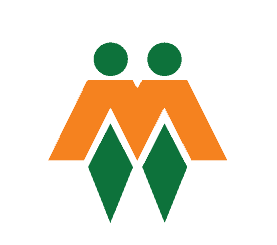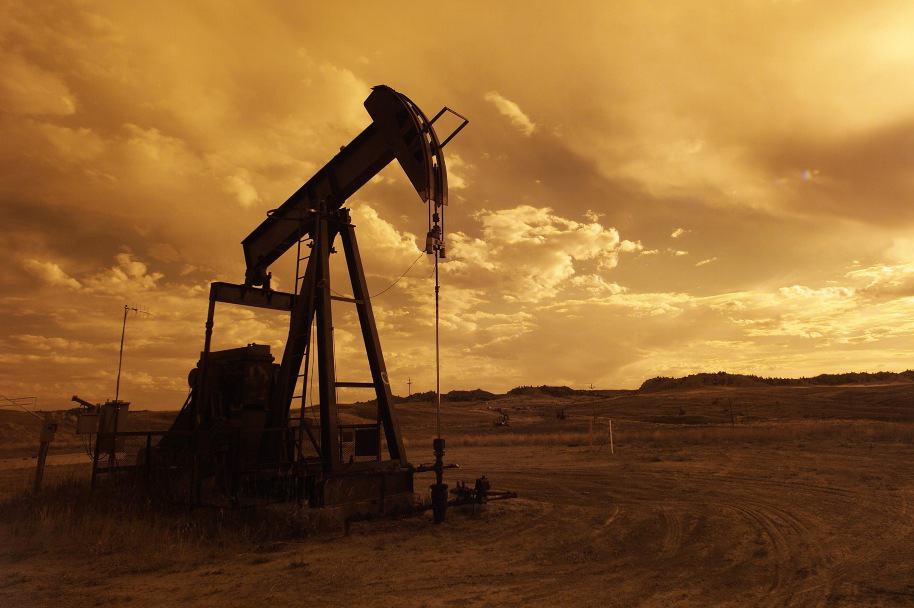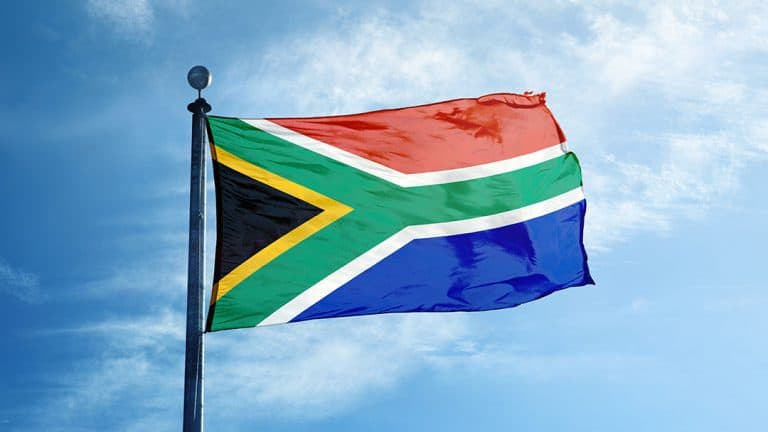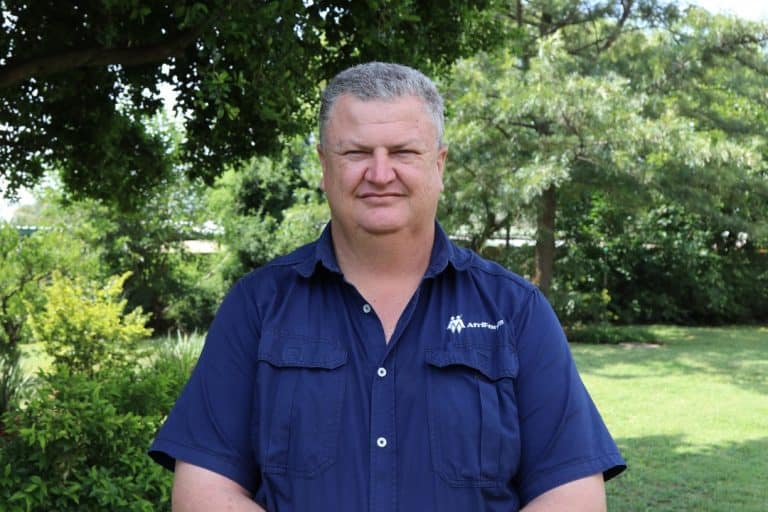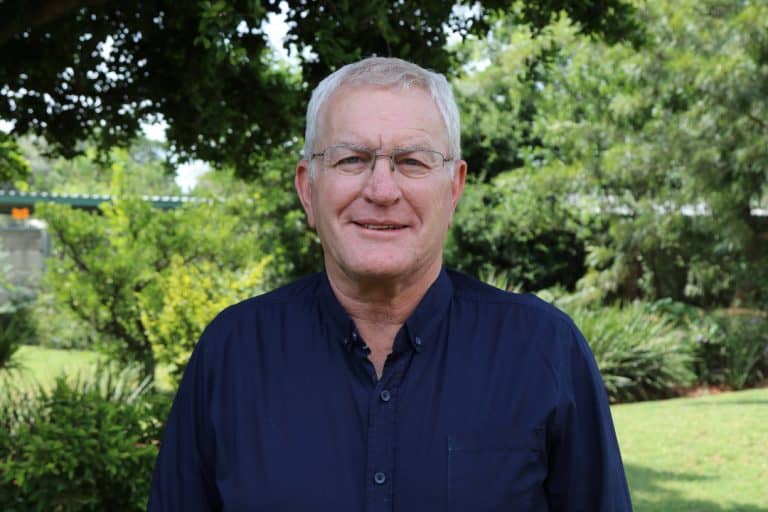American fracking ban is a loud and clear warning for South Africa, Botswana and Namibia
By AfriForum and Treasure Karoo Action Group
AfriForum and the Treasure Karoo Action Group have worked together for many years to prevent fracking in South Africa. When taking South Africa’s water shortages and widespread droughts into consideration, fracking is especially worrisome. In certain parts of the United States fracking is banned, and these two organisations encourage the government to also ban fracking in South Africa.
More than a decade after ordinary people living next-door to fracking in the US raised the alarm about life-threatening health risks and widespread pollution from this toxic industry, the Delaware River Basin Commission (DRBC) voted unanimously on 25 February 2021 to outlaw fracking in the Delaware River Basin. The area spans the four states of Pennsylvania, Delaware, New Jersey, and New York. New York State has additionally banned fracking anywhere within its borders. The DRBC is a United States government agency created in 1961 by an interstate compact, signed into law by President John F. Kennedy.
This latest blow to fracking (shale gas mining) comes after various moratoria and bans against this mining process in the four states over the last decade.
Fracking is the process of extracting fossil fuels, like oil and gas, by injecting a mixture of water, salt and toxic chemicals into the earth. It is a hazardous activity – some of the chemicals used are toxic pollutants that have been linked to cancer, genetic mutations and other adverse impacts on human health, and the chemicals have been proven to be destructive to aquatic life and ecosystems. According to the fossil fuel industry themselves, one litre of hydrocarbon can pollute 1 million litres of water. If the Delaware River Basin were to be used for fracking, around 45 000 people would find themselves living about 2 km from the fracking locations and at high risk of those health threats.
An important decision in the African context
The importance of this legislative decision is enormous in the African context. The ban protects more than 45 000 people living in close proximity to actual or planned fracking operations, and it has halted an activity in arguably one of the richest shale gas areas in the world. Finally, leaders and legislators have chosen public health, fresh water and clean air over fossil fuel profits.
Abundance of surface water in the DRB
The Delaware River Basin has an abundance of water from large river systems fed by good rains (in Pennsylvania some 1 600 mm per annum on average) and snow melt. South Africa, Namibia and Botswana harvest much of their water for agriculture and domestic use from underground aquifers – the same aquifers that are at threat from fracking. Disposal of toxic by-products from the fracking process is a vast challenge – even the US doesn’t know how to dispose of millions of litres of toxic sludge and water. Africa has neither the monitoring and enforcement resources nor the expertise to manage this.
An effective monitoring and enforcement agency and regime
The US has a well-equipped and fully trained environmental monitoring ability. In Africa, mining companies generally are able to pollute and destroy the environment without being taken to task until it is too late, if ever. Nigeria is a good example of what the fossil fuel industry can do to the environment.
Gas reticulated across the US
Most American communities are equipped to use reticulated gas for industrial applications, heating and cooking. South Africa has no gas pipeline infrastructure, and a pipeline, complete with huge and expensive compressor stations, would have to be built at enormous cost for an uncertain future lifespan. Eskom is challenged to manage even normal daily operations, let alone develop, operate and manage a feeder network of volatile gas across thousands of kilometres.
Africa’s complicated geology
The geology in sub-Saharan Africa is markedly different from that of the United States and is complicated by the fact that the underground water is often found within a system of volcanic dolerite sills and dykes. This increases the cost of drilling and exponentially multiplies the chances of polluting underground aquifers and river systems.
Economics
The increased cost of drilling and extraction using foreign experts, equipment and staff makes the price of extracted gas even higher when compared to the availability of natural gas delivered to Namibian and South African ports from Angola, Tanzania, Mozambique and even the eastern seaboard of the US. Factoring in the principle of environmental economics (in other words, the cost of permanent damage to an environment that supports activities like agriculture, subsistence farming and large-scale tourism) brings a different perspective to the so-called economic boom of shale gas. Quite simply, it will, in the end, result in a net loss.
The Caveat
To the leaders of South Africa, Namibia and Botswana my suggestion is this:
Get out of your offices and travel to the US. Don’t send a Minister. Travel yourself as the leader of your government. Visit communities that have lived with the effects of fracking and speak to them – they are real people with real stories, not oil company executives that will tell you what you want to hear so that they can get fracking.
Look at the differences between America and Africa as have been highlighted above and consider the real consequences of letting fracking loose in your countries. Your people can live without gas – they cannot live without water. Make the unpopular decision now. Tell the money-counters and the money-lenders “no.” Leave a legacy for the young people and future leaders of your land – not a destroyed ecosystem with sick people.

